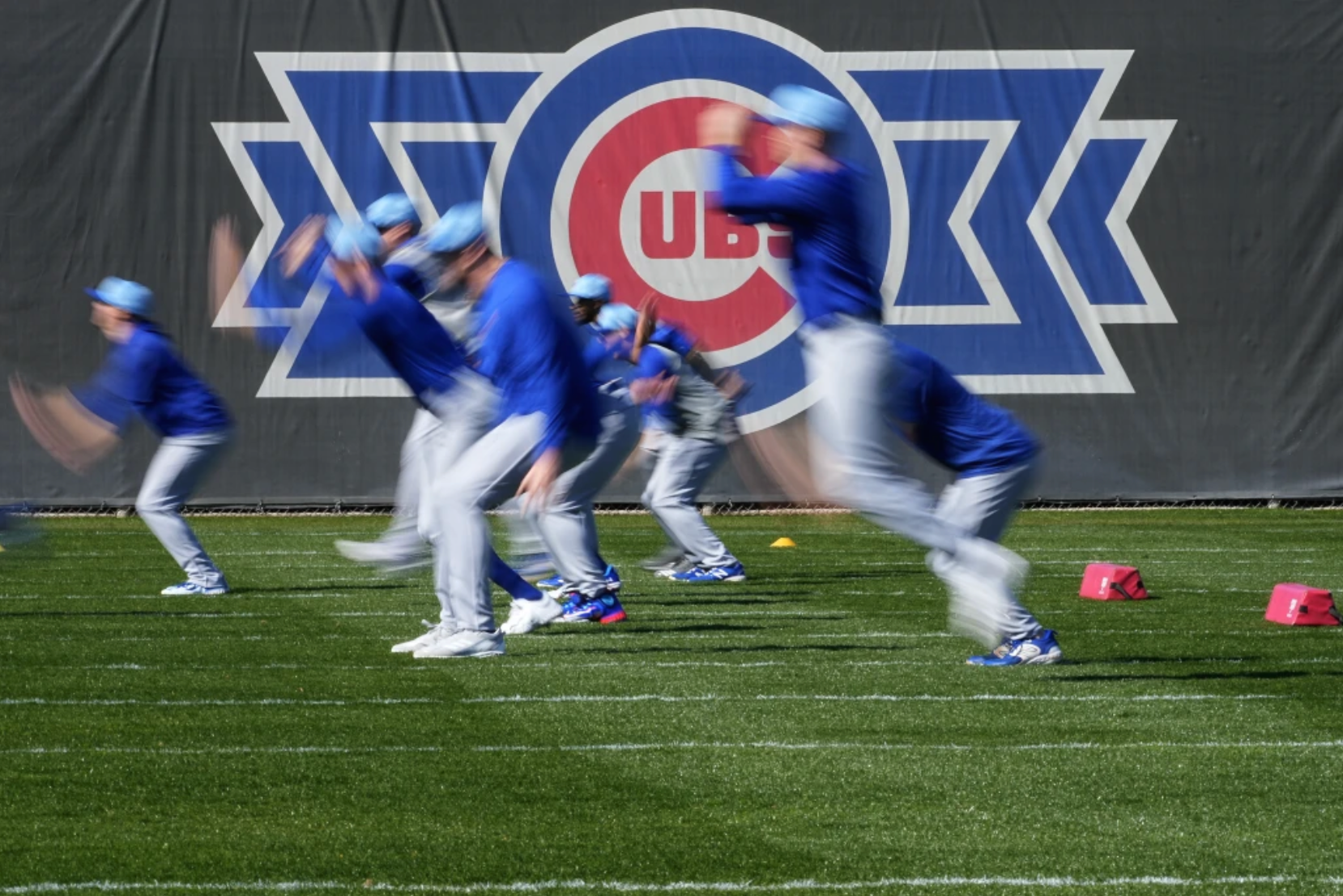NEW YORK (AP) — Major League Baseball is telling managers that umpires will be more observant about calling obstruction on infielders this year.
MLB in concerned infielders not in possession of the ball are impeding runners in violation of rule 6.01 and said the increased emphasis will take place only on the bases and not at home plate.
MLB’s decision was first reported Wednesday by ESPN.
The enforcement adjustment comes after MLB changed a different baserunning rule this offseason, widening the runner’s lane approaching first base to include a portion of fair territory. MLB also is shortening the pitch clock with runners on base by two seconds to 18 and further reducing mound visits in an effort to speed games.
The new runner’s lane overrides a rule that has existed since the National League mandated in 1882 that runners must be within the 3-foot box on the foul side of the base line during the final 45 feet between home and first. Violators were subject to being called out for interfering with fielders taking a throw. The rule was designed to prevent collisions; foul lines intersected the middle of bases until the bags were moved entirely into fair territory in 1887.








